‘Theatre of cruelty’: has the reality TV bubble burst?
A million fewer viewers watched the latest Love Island launch compared to last year

A free daily email with the biggest news stories of the day – and the best features from TheWeek.com
You are now subscribed
Your newsletter sign-up was successful
The era of reality TV has seen countless viewers tuning into shows such as “Big Brother” and birthed household names, brands and sponsorships.
But after years of headline-grabbing on-screen exploits by would-be and established stars alike, latest rating figures suggest the genre’s popularity may be in terminal decline. The return of the latest series of “Love Island” on ITV2 was watched live by 1.3 million people – more than a million down on the last summer launch.
The steep drop follows a steady decline in the show’s popularity in recent years, amid growing concern about the real-life impacts of reality TV. So do the likes of “Love Island” still have a place in 2023, asked The Independent’s culture reporter Isobel Lewis,or have they “finally given us the ick?”
The Week
Escape your echo chamber. Get the facts behind the news, plus analysis from multiple perspectives.

Sign up for The Week's Free Newsletters
From our morning news briefing to a weekly Good News Newsletter, get the best of The Week delivered directly to your inbox.
From our morning news briefing to a weekly Good News Newsletter, get the best of The Week delivered directly to your inbox.
‘Theatre of cruelty’
Debate about show producers’ duty of care to the people involved in reality TV has been growing since former “Love Island” presenter Caroline Flack took her own life in 2020.
As problematic ethical issues surrounding the show “spilled over the villa’s walls and out into the real world”, said Lewis in The Independent, it became increasingly clear that “the fun wasn’t as harmless as it seemed”. Charities joined in warnings about gaslighting and emotional abuse, both on screen and on social media feeds about participants.
Reality TV is “brain-rotting at best”, warned author and cultural commentator Iona David in The Guardian. The genre “can negatively affect the societal code of acceptable behaviour” and “at worst, it is lethal”.
Britain’s reality shows, in particular, are a “theatre of cruelty”, said The New York Times after “The Jeremy Kyle Show” was pulled from ITV in 2019 following the death of a guest who was humiliated on air. These programmes are “designed to demonise” and “make us despise” those who take part, the paper argued, but “someone had to die” for action to be taken.
A free daily email with the biggest news stories of the day – and the best features from TheWeek.com
In the wake of such scandals, ITV and the BBC have vowed to take their duty of care more seriously. Measures introduced to safeguard the latest “Love Island” contestants include social media trainer, psychological support and behaviour and relationship training. Participants are also banned from banned using social media during the series to shield themselves and their families from online abuse.
Questions remain about whether enough has been done, however.
Viewers once yearned for “gory spectacles of humiliation and occasionally violence”, said Sirin Kale on Vice last year. But as they have “lost their taste for blood”, show producers have “faced a seemingly irreconcilable tension: between making a show entertaining, and making it ethical”.
As producers struggle to win back audiences, the age of the reality TV superstar may already be drawing to a close.
Last year’s “Love Island” winner Ekin-Su Cülcüloğlu secured a deal worth a rumoured £1 million with fashion brand Oh Polly after appearing on the show. But the Daily Mail reported earlier this year that the reality star had been dropped, because the partnership “wasn’t working”.
“Gone are the days of the million pound Islander,” brand and culture expert Nick Ede told the paper.
‘An evolution’
Although reality TV shows such as “Love Island” are suffering ratings decline, some newcomers to the genre are flourishing.
Reality competition series “The Traitors” was applauded as “the most exquisite reality TV of the year” by The Guardian’s Rebecca Nicholson after debuting in December. The show “feels like a revival of the early, more innocent days” of the genre, she wrote.
Later this year, perhaps the most famous reality TV show ever, “Big Brother”, will return in a highly anticipated ITV reboot. The show “laid the foundations” for the genre, said Gwilym Mumford in the same paper. And the new series could be the “antidote to many of the genre’s current issues”.
Despite these many ongoing problems, said Kale on Vice, “it’s unlikely we’ll see the end of reality TV”. This type of entertainment is “too profitable, too sprawling, too entrenched”.
“What we’ll see instead,” she predicted, “is an evolution of the genre into something kinder, less exploitative, and more resonant with our progressive, mental-health aware times”.
Rebekah Evans joined The Week as newsletter editor in 2023 and has written on subjects ranging from Ukraine and Afghanistan to fast fashion and "brotox". She started her career at Reach plc, where she cut her teeth on news, before pivoting into personal finance at the height of the pandemic and cost-of-living crisis. Social affairs is another of her passions, and she has interviewed people from across the world and from all walks of life. Rebekah completed an NCTJ with the Press Association and has written for publications including The Guardian, The Week magazine, the Press Association and local newspapers.
-
 Gisèle Pelicot’s ‘extraordinarily courageous’ memoir is a ‘compelling’ read
Gisèle Pelicot’s ‘extraordinarily courageous’ memoir is a ‘compelling’ readIn the Spotlight A Hymn to Life is a ‘riveting’ account of Pelicot’s ordeal and a ‘rousing feminist manifesto’
-
 The EU’s war on fast fashion
The EU’s war on fast fashionIn the Spotlight Bloc launches investigation into Shein over sale of weapons and ‘childlike’ sex dolls, alongside efforts to tax e-commerce giants and combat textile waste
-
 How to Get to Heaven from Belfast: a ‘highly entertaining ride’
How to Get to Heaven from Belfast: a ‘highly entertaining ride’The Week Recommends Mystery-comedy from the creator of Derry Girls should be ‘your new binge-watch’
-
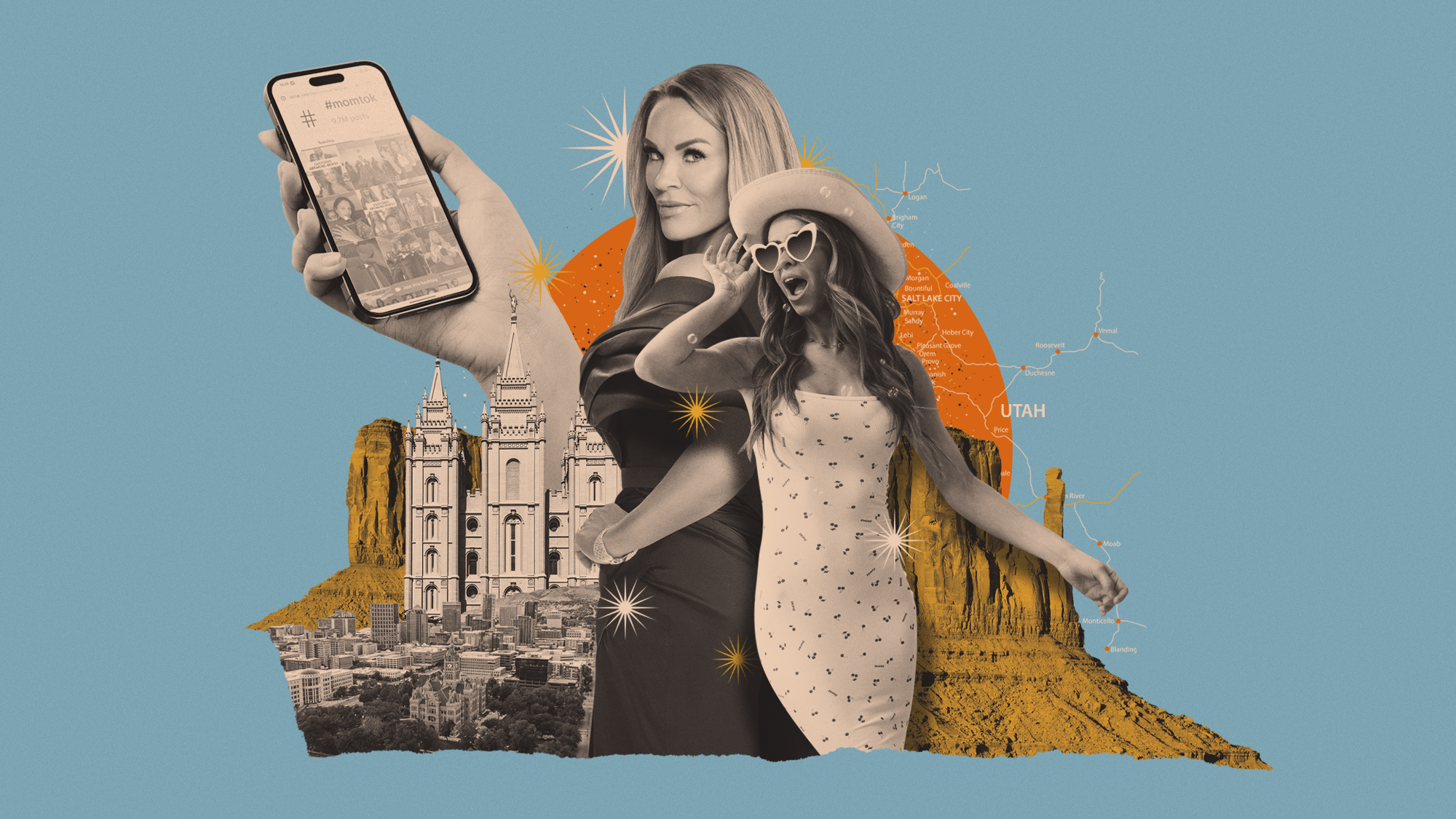 How Utah became a media focal point
How Utah became a media focal pointIn Depth In producing the stars of #MomTok and reality TV alike, Utah has emerged as a media powerhouse
-
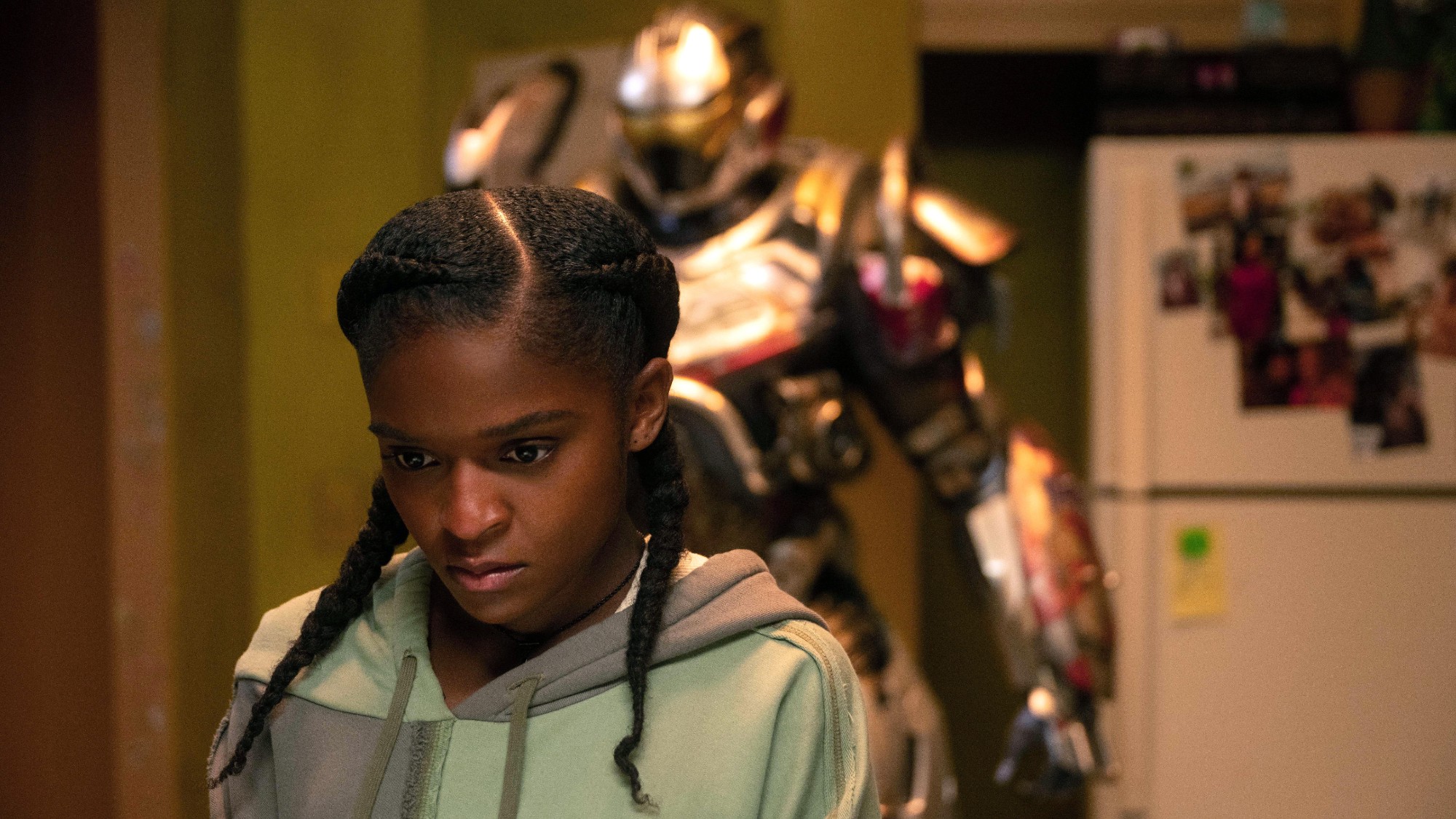 Here comes the end of 'Squid Game'! Plus more great TV shows to see this June.
Here comes the end of 'Squid Game'! Plus more great TV shows to see this June.the week recommends The next great sports comedy, a young Marvel heroine and the conclusion of 'Squid Game'
-
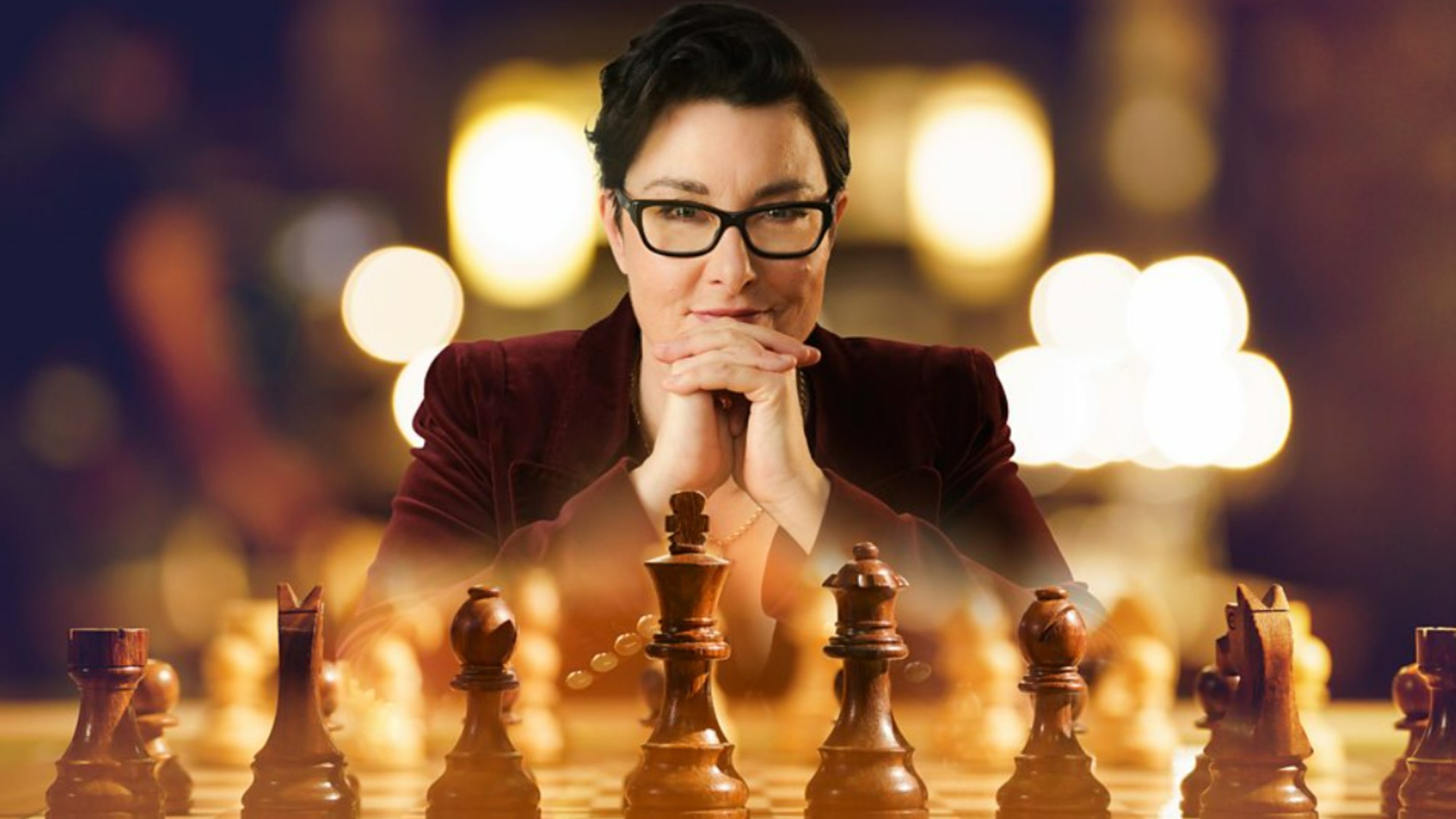 Chess on TV: a winning strategy?
Chess on TV: a winning strategy?Talking Point The popularity of chess is surging, but a new reality TV show struggles to capitalise on the craze
-
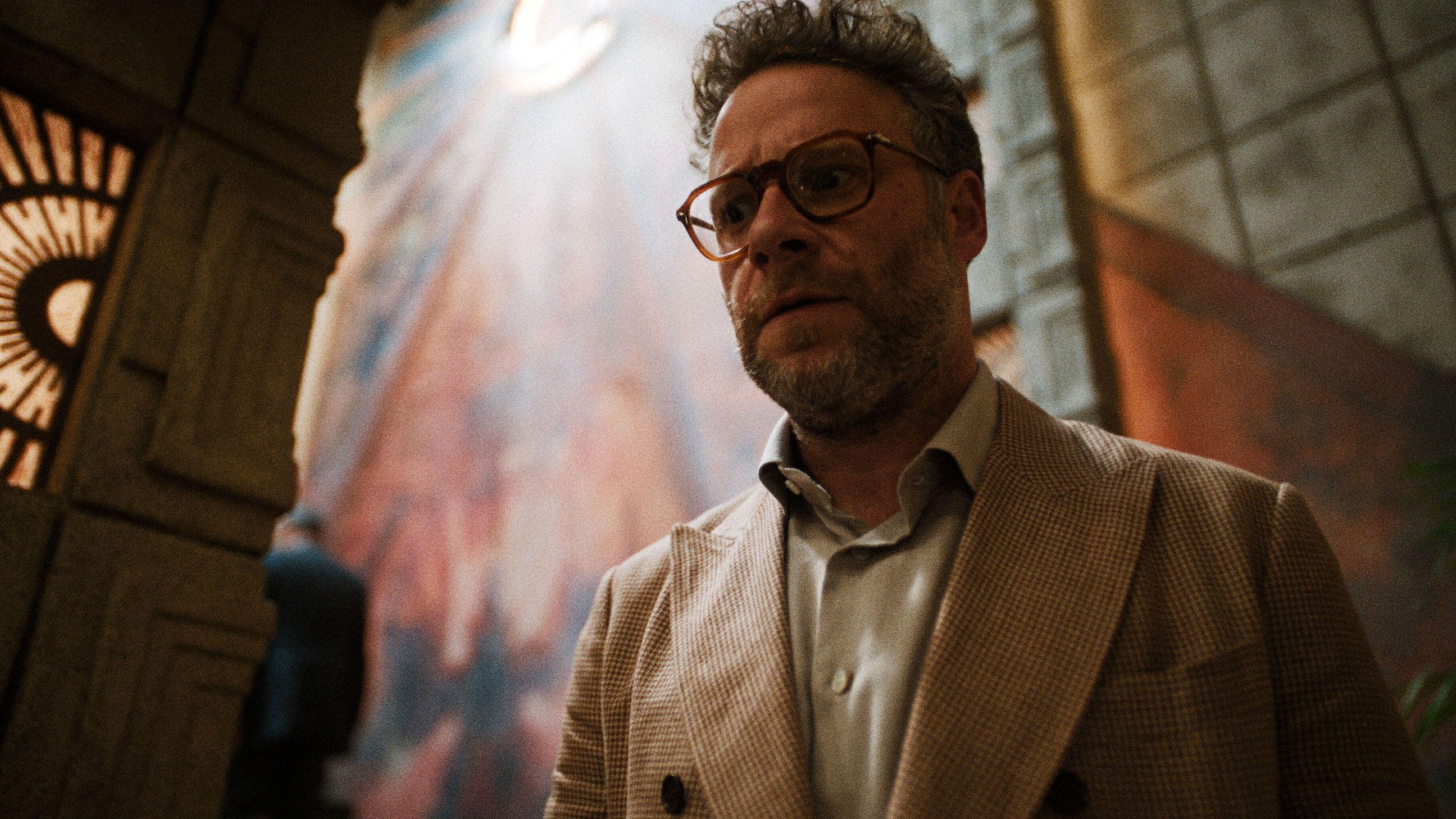 TV to watch in March, including 'The Studio' and 'Paul American'
TV to watch in March, including 'The Studio' and 'Paul American'The Week Recommends A true crime story adaptation, a reality show about the ultra-American Paul brothers and a new late night series from John Mulaney
-
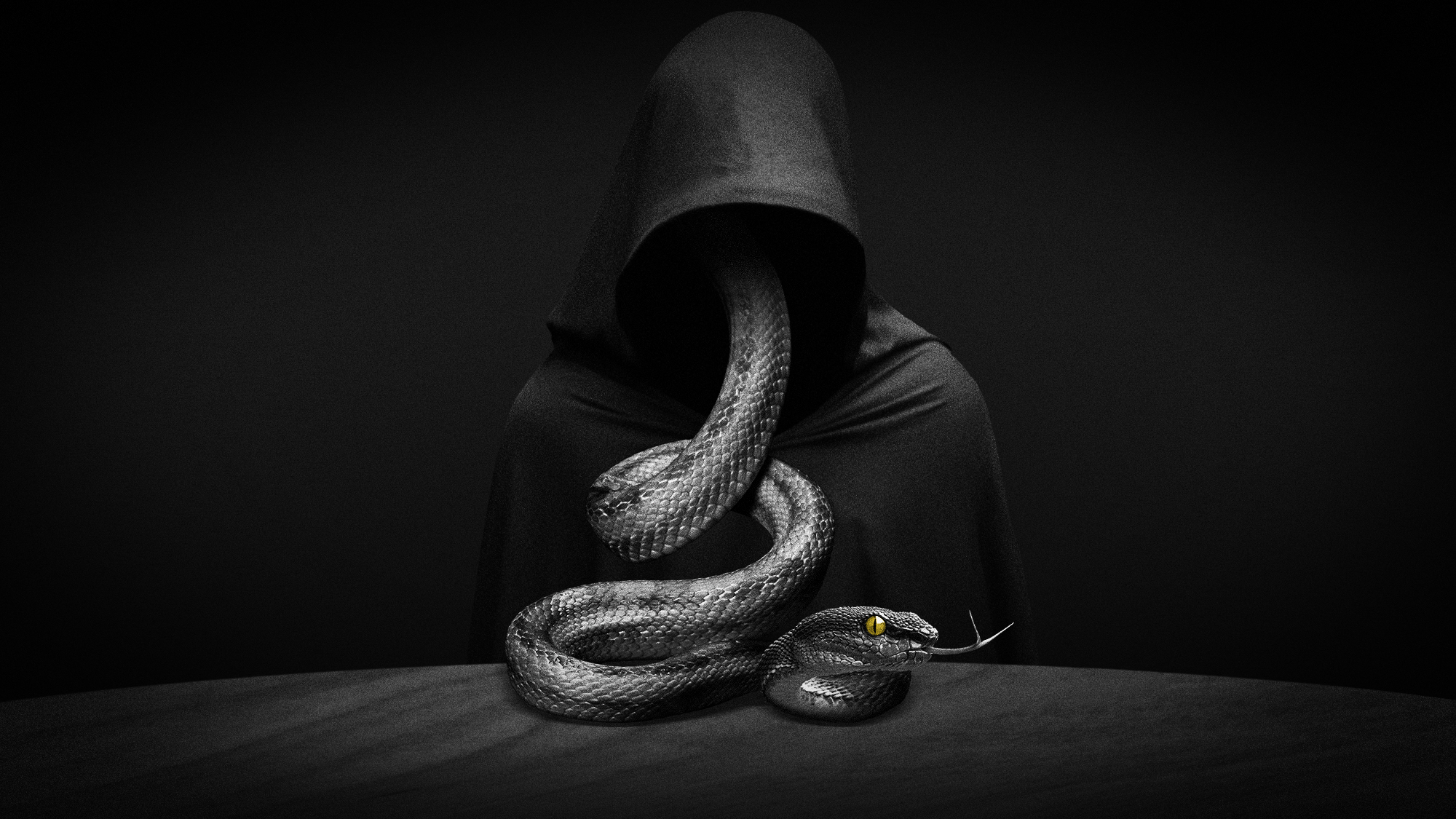 Why are we so obsessed with The Traitors?
Why are we so obsessed with The Traitors?In the Spotlight It's the BBC's most scheming, manipulative and treacherous show – and viewers can't get enough
-
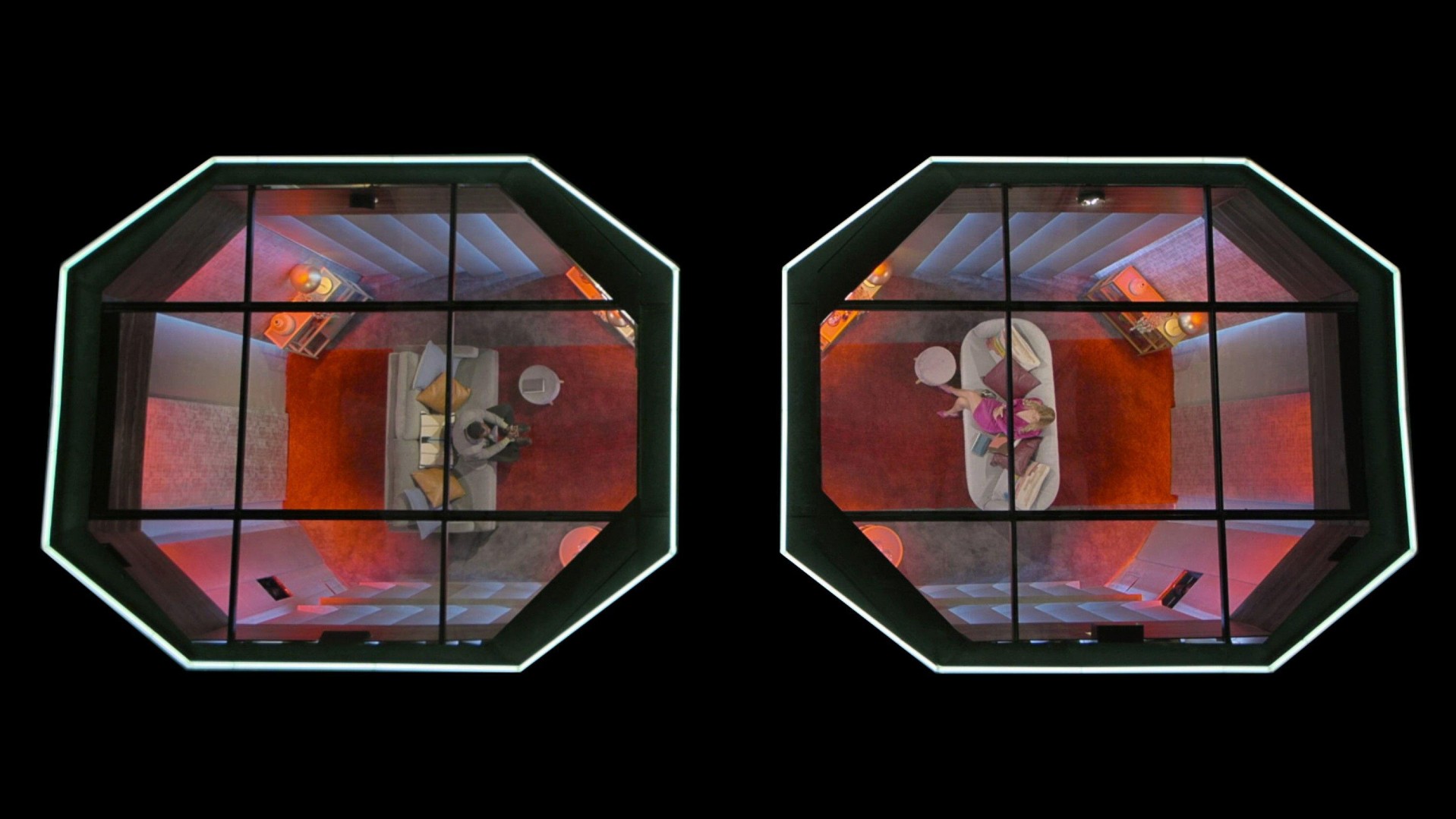 The complaint that could change reality TV for ever
The complaint that could change reality TV for everIn the Spotlight A labour complaint filed against Love Is Blind has the potential to bolster the rights of reality stars across the US
-
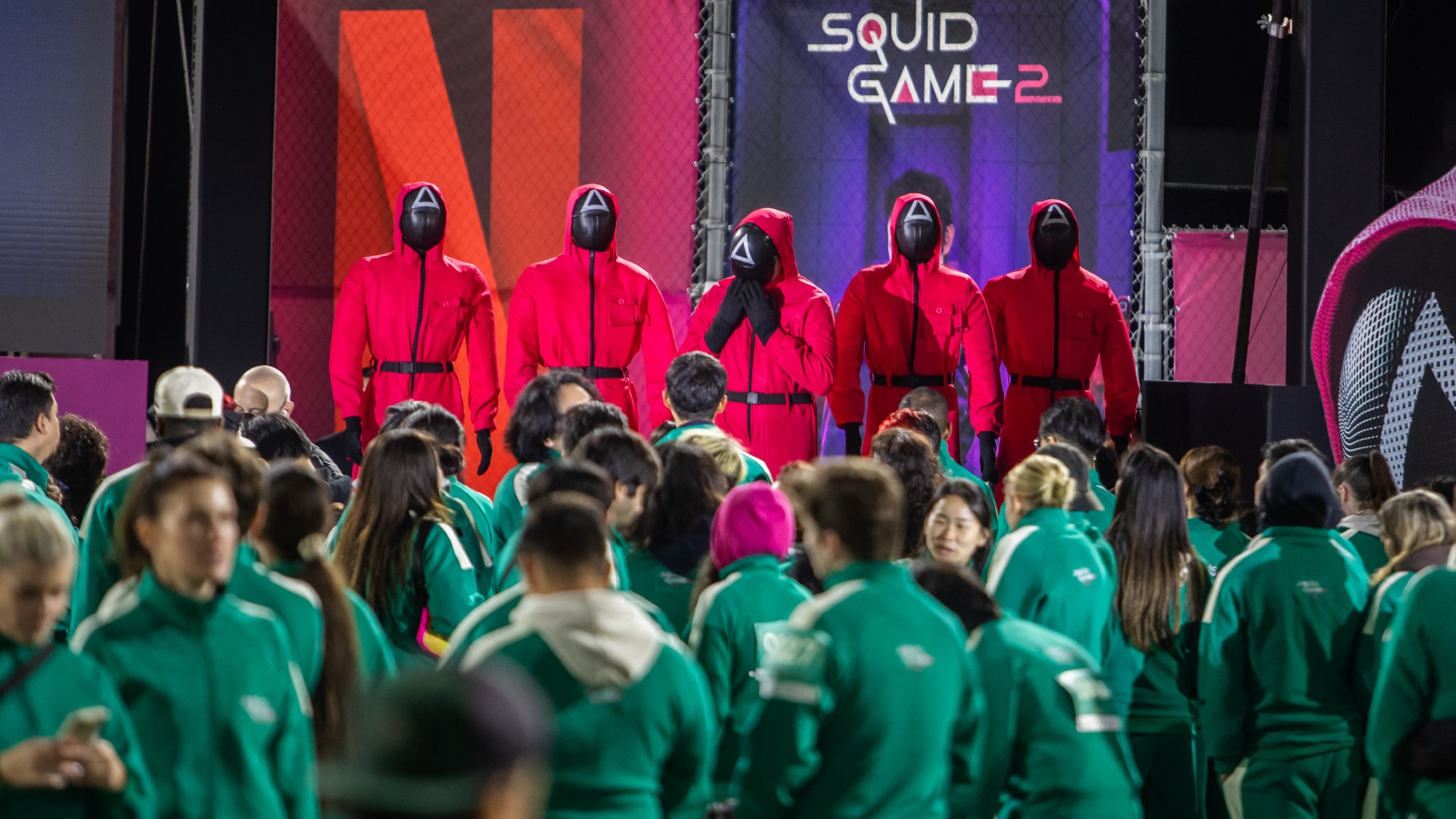 TV to watch in December, from 'Squid Game' to 'Paris & Nicole'
TV to watch in December, from 'Squid Game' to 'Paris & Nicole'The Week Recommends A pulpy spy thriller, the reunion of Paris and Nicole and a new season of 'Squid Game'
-
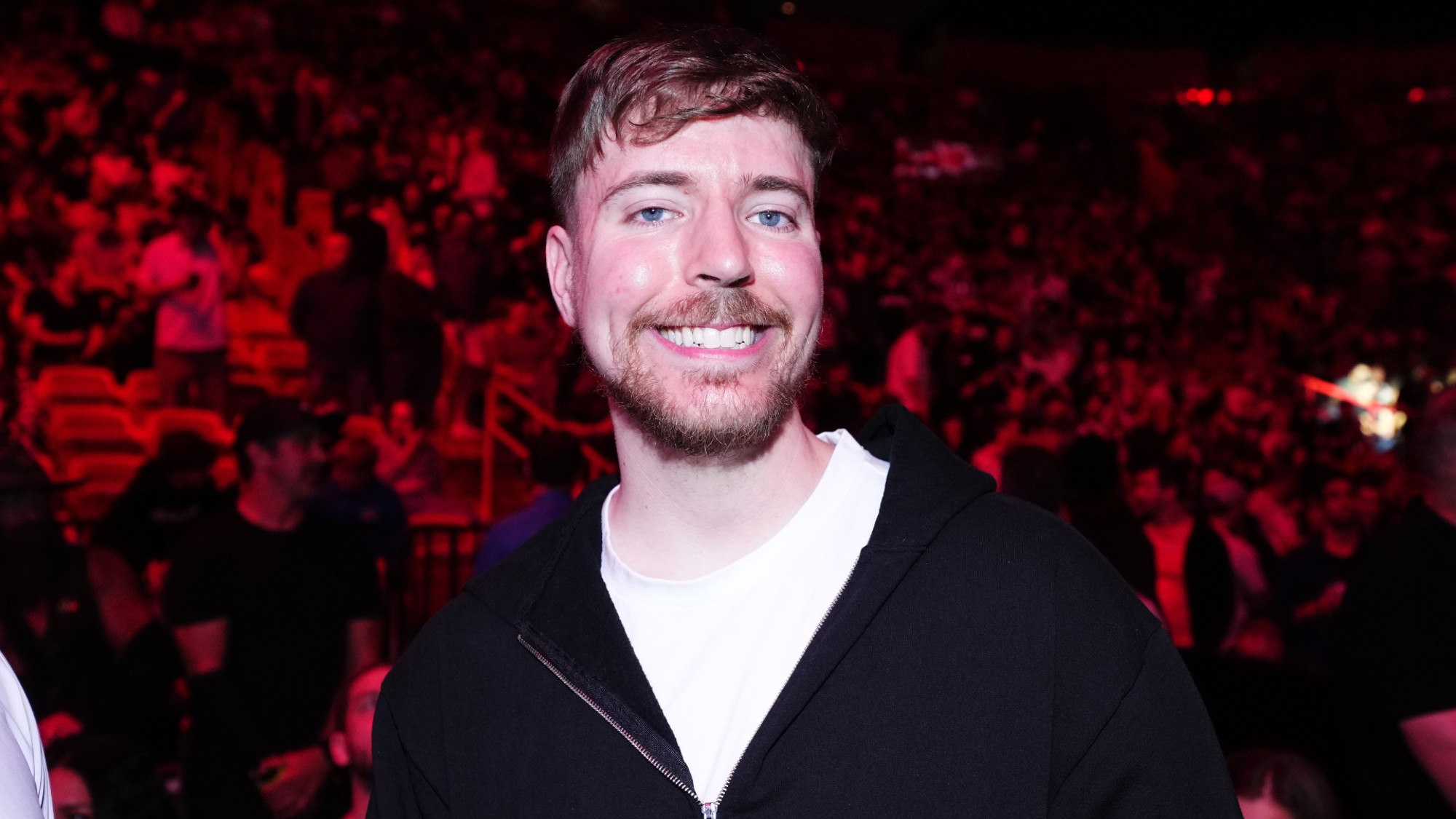 'Beast' of a lawsuit: YouTube star and Amazon sued by contestants over abuse claims
'Beast' of a lawsuit: YouTube star and Amazon sued by contestants over abuse claimsThe Explainer Can the breakout YouTube star weather a growing scandal engulfing his forthcoming reality TV competition?